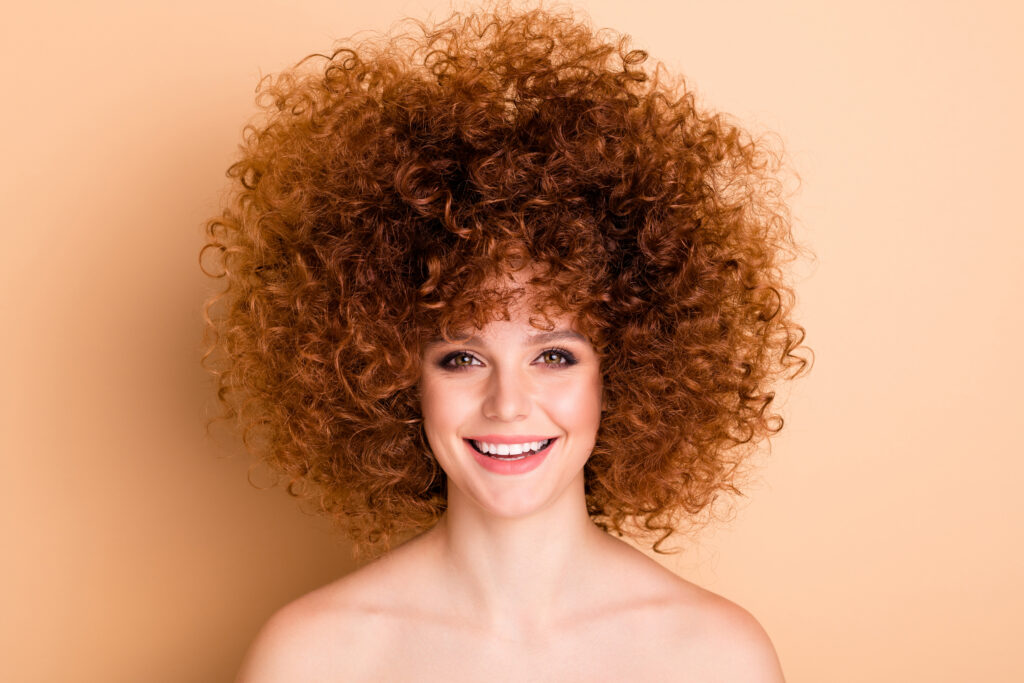Beautiful and healthy hair takes a lot of care and maintenance. If you style and color your hair, it can get damaged. When this happens, your hair can look dull and brittle.
To look healthier, take care of your hair with the correct routine and hair products.
One of the best ways to make sure that your hair is strong and beautiful is to make sure that you’re using the right conditioner. It can moisturize and help your hair be more resistant to damage.
However, it’s significant to find out the right conditioner to use, though there are several kinds likely a scalp conditioner for dryness.
To find out which kind of conditioner is right for you, here are several tips.
Learn What Your Hair Type Is

The kind of conditioner you should get depends on your hair type. There are several types, and if you aren’t yet sure of what your hair is, here’s a list along with their description.
- Type 1a – Pin straight hair that can get oily easily
- Type 1b – Straight hair with a bit of texture
- Type 1c – Straight hair with loose bends or waves at the end
- Type 2a – Wavy hair that’s flat at the top.
- Type 2b – Flat at the roots, with s-curls that start at eye level.
- Type 2c – A combination of waves and loose curls
- Type 3a – Shiny and lose curls
- Type 3b – Ringlets that can get frizzy
- Type 3c – A Corkscrew type of curls that are tighter than type 3b hair
- Type 4a – Springy coils that can look dense. It tends to be dry and prone to breakage
- Type 4b – Has more of a Z-shape pattern that can also be called kinky.
- Type 4c – This has no definition but is kinky and also has Z-shaped designs.
Think About Your Hair Goals

Each person has unique hair goals, and this usually depends on their hair type and how well they take care of their hair.
For instance, if you use a lot of heating tools, you might want to look for a conditioner that can help revive damaged ends, as well as protect your hair from heat damage.
The same goes for other goals such as growing your hair, preserving the color, or making your hair more manageable.
Know The Kinds Of Conditioner
After finding out what kind of hair type you have, you can now decide on what conditioner to purchase.
- Volumizing – This is great for limp and thin hair
- Strengthening And Fortifying – For damaged and brittle hair
- Moisturizing And Hydrating – For dry, breakable, and damaged hair
- Balancing – To help level the acidity or pH balance of hair.
- Smoothening – For frizzy hair
- Curly Hair – For the unique needs of curly or textured hair
Since there are different kinds of conditioners, it’s also vital to learn how to use them. This is because some intend to be rinsed or left continuously. How often you should condition your hair depends on the products and also your hair type.
Take A Look At The Key Ingredients
Conditioners can categorize as authentic for specific hair types and needs. However, it can sometimes be misleading, so it’s better to look at the ingredients instead. If you have a particular conditioner in mind, look for the vital components as shown below.
- Ingredients to look for in moisturizing conditioners
- Glycerol – pulls moisture from the environment
- Panthenol – helps for moisture, shine, and volume
- Sodium PCA – helps hair absorb more hydration and also draws moisture from the air
- Hyaluronic acid – locks in moisture and prevents hair loss
- Fatty alcohols – smoothens hair
- Polyquaternium polymers – helps electrostatic charging on dry hair
- Cationic surfactants – helps to smoothen cuticles
- Proteins – removes dead layers and moisturize strands
- Hydrolyzed proteins – improves elasticity and prevents damage
- Ingredients to look for in acidifying conditioners
- Citrus extracts – softens hair and heals dry and damaged hair
- Cetrimonium chloride – reduces frizz and flyaways
- Stearalkonium chloride – prevents static and complex, and untangles hair
- Behentrimonium chloride – a mild moisturizer for hair
Conclusion
Conditioning your hair is a great way to confirm that your hair is healthy and resistant to damage. But not every conditioner is proper for every hair type because different conditioners have different ingredients and properties.
Therefore, it’s significant to know your hair type and how well it responds to different products. Eventually, it’ll require a better understanding of your mane and what you want to achieve in your hair.

I am Kate, a dedicated health advocate. My purpose is to educate you regarding the most current wellness trends, offer science-backed insights to enhance your understanding, and present actionable tips to support you on your journey towards a healthier and happier life. Let us commence this wellness path together!
